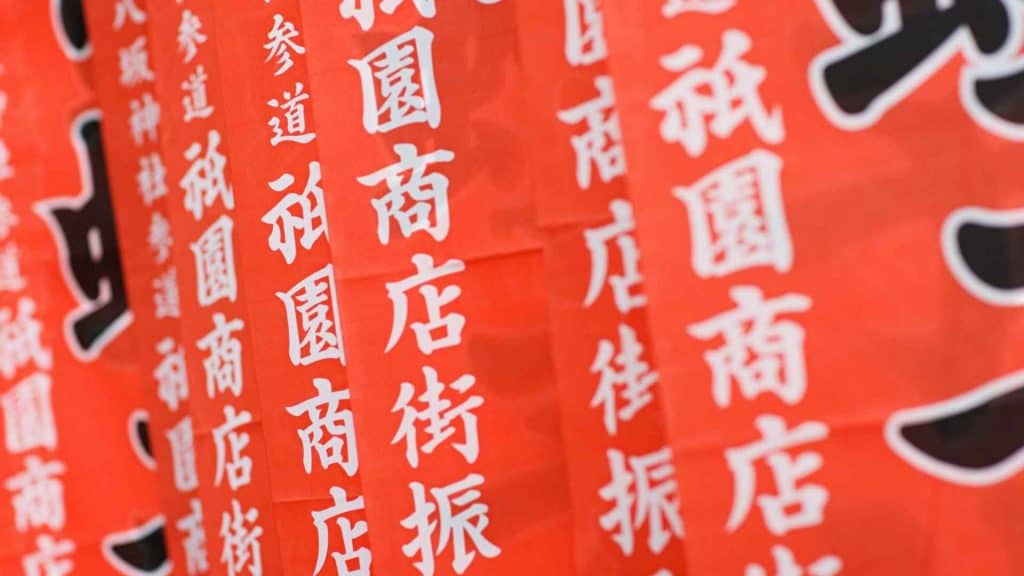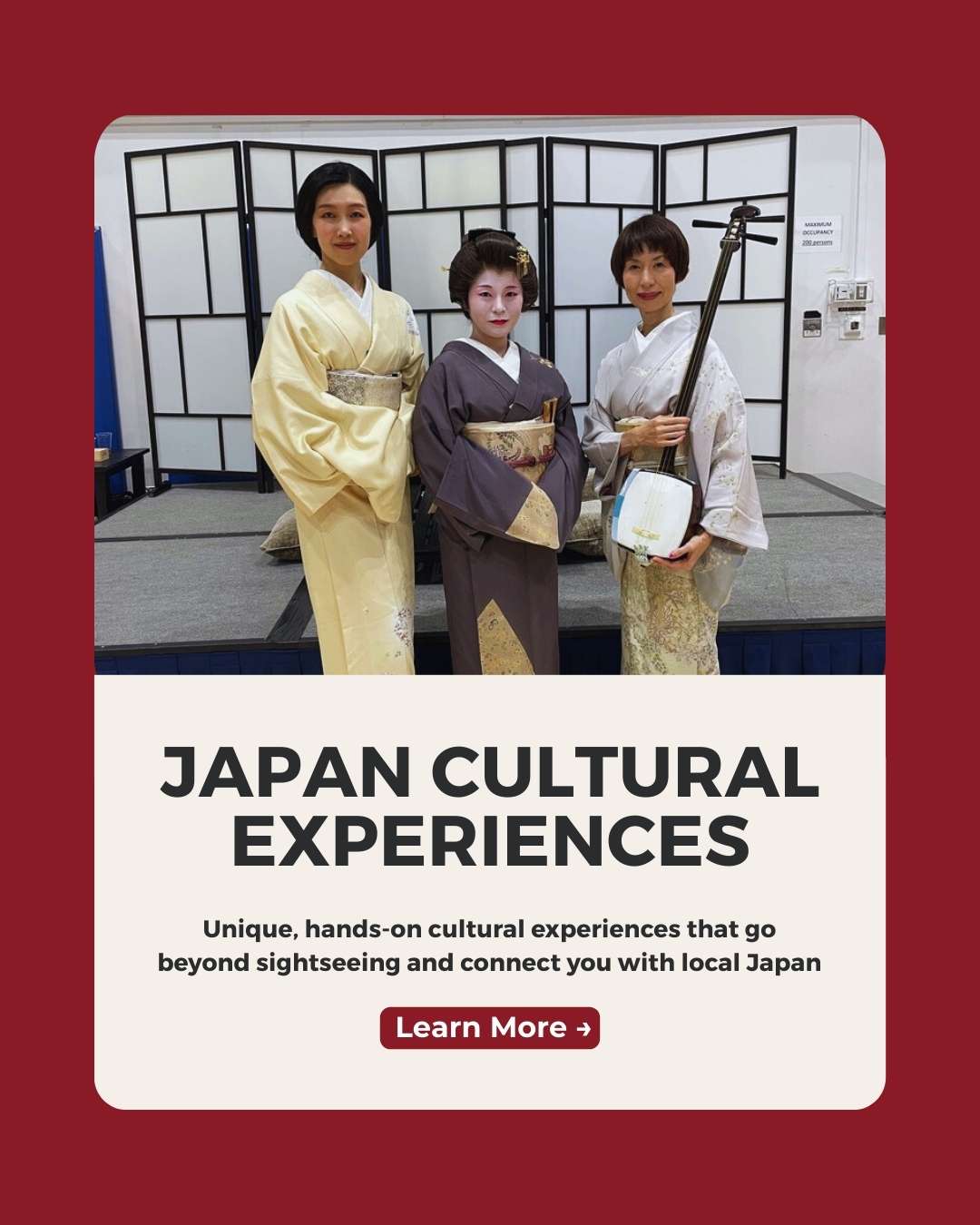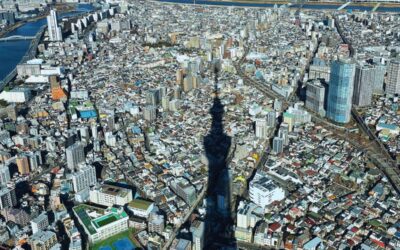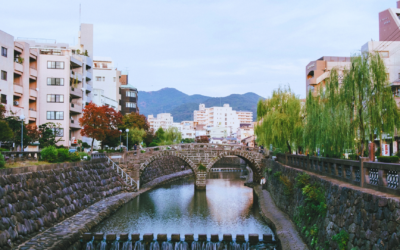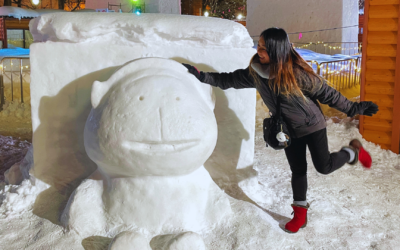Japanese onomatopoeia is a real gem in the Japanese language, innit? The language can be a bit fuzzy and indirect, but these onomatopoeic words really step up, giving us spot-on ways to express feelings, textures, sounds, movements, and looks. There’s a whole bunch of ’em—thousands, mate! So, here, I’ve rounded up 25 of the most commonly used Japanese onomatopoeia for ya.
Five Types of Japanese Onomatopeia
Alright, let’s dive into the world of Japanese onomatopoeia! There are five main types you wanna know about:
- Giseigo: These ones mimic the nitty-gritty voices and sounds made by humans or animals.
- Giongo: Now, these are all about describing sounds, usually the ones cooked up by nature or certain objects.
- Gitaigo: Picture this—describing a situation or condition? That’s what gitaigo does.
- Giyougo: When you’re talking about movements and actions, giyougo’s your buddy.
- Gijougo: Feeling a certain kinda way? Gijougo’s got your back for describing those emotions.
1. Giseigo 擬声語

Wan Wan ワンワン
“Wan wan” is what you’d say to describe the sound a dog makes, kinda like “woof”.
Nya- Nya- ニャーニャー
Now, “Nya- Nya-” is what you’d use for the sound a cat makes, similar to “meow”.
Ufufuうふふ
When you’re having a little chuckle, “Ufufu” fits the bill.
Ahaha あはは
But when it’s a proper laugh you’re having, “Ahaha” is the one.
Pera Pera ペラペラ
And if someone’s chatting away fluently in a language, you’d say they’re going “Pera Pera”.
2. Giongo 擬音語

Za- Za- ザーザー
“Za- Za-” is what you’d say for the sound of heavy rain.
Byu- Byu- ビュービュー
And “Byu- Byu-“? That’s for when the wind’s really kicking up a fuss.
Sara Saraさらさら
Now, “Sara Sara” paints the picture of leaves gently rustling in the breeze.
Dokanドカン
When there’s a big bang or a hefty impact, “Dokan” is the word.
Chin チン
And last but not least, “Chin” is what you’d hear when the microwave’s done doing its thing.
3. Gitaigo 擬態語

Kira Kiraきらきら
“Kira kira” means “shiny”, perfect for describing the glistening surface of the ocean or a lake reflecting the sun.
Tsuru Tsuru つるつる
When it’s pouring outside and the ground’s as slippery as a banana peel, you’d say it’s “tsuru tsuru”.
Fuwa Fuwa ふわふわ
Now, “Fuwa Fuwa” is all about soft and fluffy stuff, like plushies, a comfy bed, or a snuggly blanket.
Gucha Guchaぐちゃぐちゃ
If your room’s looking like a tornado just swept through, you’d call it “gucha gucha”.
Bara Bara ばらばら
And when things are scattered all over the place or falling apart, that’s “bara bara” for you.
4. Giyougo 擬容語

Uro uroうろうろ
“Uro uro” means wandering about aimlessly, just hanging around the area.
Gun gunぐんぐん
When things are moving along steadily and in order, that’s “gun gun” for you.
Bata bata ばたばた
“Bata bata” is all about flapping. Picture birds taking flight or a kid splashing around in rain boots. It’s also for when you’re doing something quick and rapid, like blitzing through house chores or office work.
Noro noro のろのろ
Now, “Noro noro” describes things moving slow and sluggish, like a snail-paced train or someone who’s taking their sweet time.
Boutto ぼうっと
And when someone’s looking vacant, lost in the clouds, or just plain absent-minded, you’d say they’re “boutto”. Maybe they’re daydreaming on the side or they’re just knackered or a bit squiffy.
5. Gijougo 擬情語

Ira Ira いらいら
“Ira ira” means feeling annoyed, irritated, or just plain impatient. It’s the word for when something’s really getting under your skin.
Uttori うっとり
Now, “Uttori” is all about that feeling of being totally fascinated, like when you’re awestruck by something beautiful.
Bikkuri びっくり
When something catches you off guard and you’re left surprised, that’s “bikkuri” for you. Like when someone jumps out and gives you a good scare!
Dan Dan だんだん
“Dan dan” describes change happening gradually, like the slow shift in weather, temperature, or even in statistics.
Niko niko にこにこ
And when someone’s got a big grin plastered across their face, that’s “niko niko” for you, whether they’re human or critter.
Explore the Colourful World of Japanese Onomatopoeia!
With these 25 descriptive words in your arsenal, you’re all set to bring your Japanese conversations to life. From mimicking sounds to capturing feelings and actions, Japanese onomatopoeia adds depth and flair to your language skills. So go ahead, dive in, and let your words paint vivid pictures in the minds of your listeners!
Want to find out more about Japan? Check out the 40 most commonly used Japanese abbreviations, useful Japanese travel phrases for your everyday life in Japan, and the top 30 Japanese slangs to help you sound like a pro.
Stay tuned for more information about Japan travel, Japanese culture, moving to Japan, living in Japan, and more.

